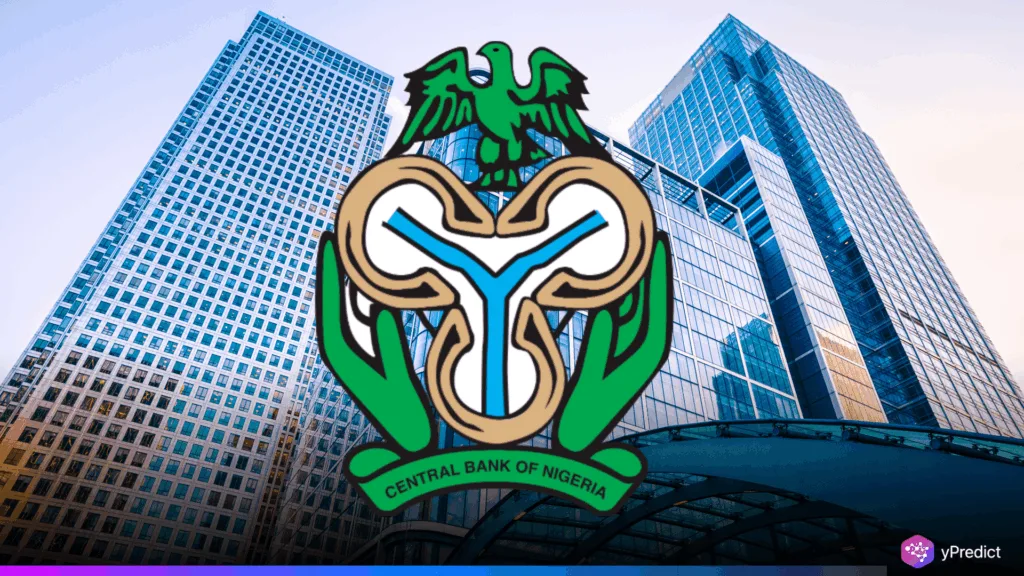
The Central Bank of Nigeria has set up a Compliance Department, a move long overdue. Launched in early 2025 and fully operational by the second quarter, this new unit isn’t just for show. It’s tasked with financial crime prevention to cybersecurity, basically covering all the bases when it comes to risk oversight. They’re aiming to tighten up regulatory control across the sector, and this should give the forex market a credibility boost. Frankly, it’s a strategic play the industry’s been waiting for.
Central Bank of Nigeria Expands Compliance Role
On September 4, 2025, the Central Bank issued a notice to all banks. It includes payment service providers and financial institutions operating under the BOFIA 2020 regulations. The announcement described the establishment of a new Compliance Department, which formally started operations in 2025’s second quarter. Before this new department, several supervisory units handled different tasks.
The action is a component of a larger initiative to define responsibility lines and optimize internal procedures. The Central Bank wants to improve its regulatory supervision by centralizing control over non-prudential risk areas. Additionally, it is aiming to respond more effectively to emerging risks, ultimately supporting the stability of the financial sector.
Will the Central Bank of Nigeria Strengthen Supervision?
Here’s how things stand now: the department is responsible for four main supervision areas:
- Financial crime: sanctions, CFT, AML, and CPF.
- Market conduct: proper disclosures and handling of complaints.
- Enterprise security: cybersecurity, data protection, and keeping tabs on third-party risks.
- Corporate governance & ESG: board effectiveness and all that environmental and social governance you keep hearing about.
Every regulatory report, bit of correspondence, or inquiry needs to go straight to the Director of this unit. You can also expect more detailed instructions soon about exactly where and how to submit everything.
What Future Awaits Nigeria’s Financial Oversight?
The move strengthens the regulatory oversight architecture of Nigeria’s financial system. Thus, with digital threats on the rise, the Central Bank of Nigeria is moving to tighten its grip on cyber risks and fraud. For the forex market, this means a more structured approach. If oversight extends to those non-prudential risks, we might finally see some stability in the foreign exchange space.
Development Path Of Nigeria’s New Compliance Framework
The Central Bank of Nigeria’s choice of this branch signals its intent to tackle risks that go beyond traditional banking. Thus, this is especially true with digital platforms and global markets throwing curveballs at every turn. Furthermore, this team could seriously raise the bar on how financial institutions share data and spot trouble early.
Plus, they’ll probably push for more teamwork with agencies outside the classic monetary policy circle. With the forex market constantly shifting, bringing in tighter oversight should help clamp down on shady practices. Additionally, they’ll keep the country’s reserves on solid ground.
Strong Oversight And Compliance Shape Nigeria’s Future
The Central Bank of Nigeria has established a new Compliance Department. This aims to tighten regulatory controls and ensure that banks and other financial institutions follow the rules. Thus, instead of sending compliance reports all over the place, institutions should direct everything to the designated director. Expect less confusion and, hopefully, faster responses.
This centralization could actually make a difference, especially when it comes to managing digital risks and shoring up governance. Additionally, the forex market, known for its volatility, will face extra scrutiny.
In the bigger picture, this reform is a strong signal to the industry. The Central Bank is serious about accountability and transparency. It’s also a major step toward building trust and modernizing Nigeria’s financial oversight. Thus, in a sector that’s always evolving, that kind of leadership is necessary.







